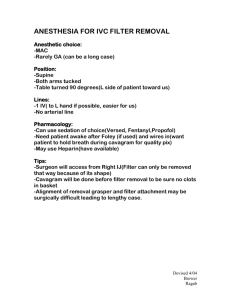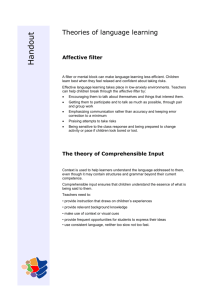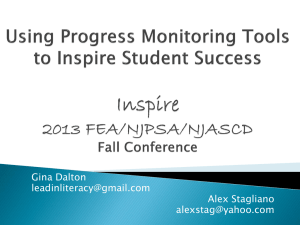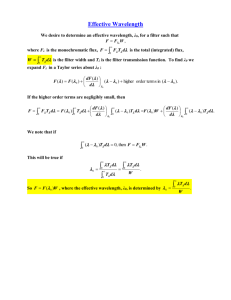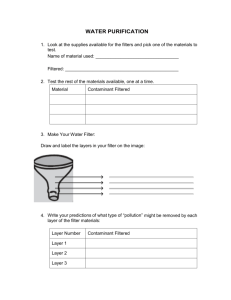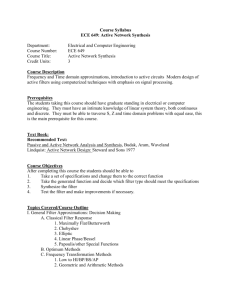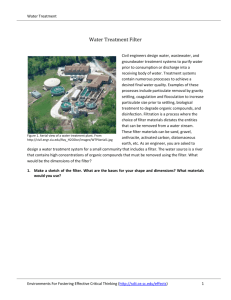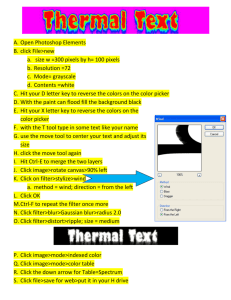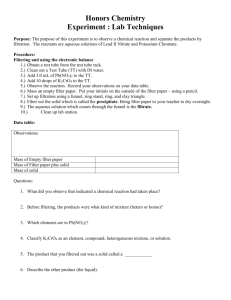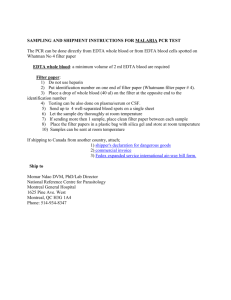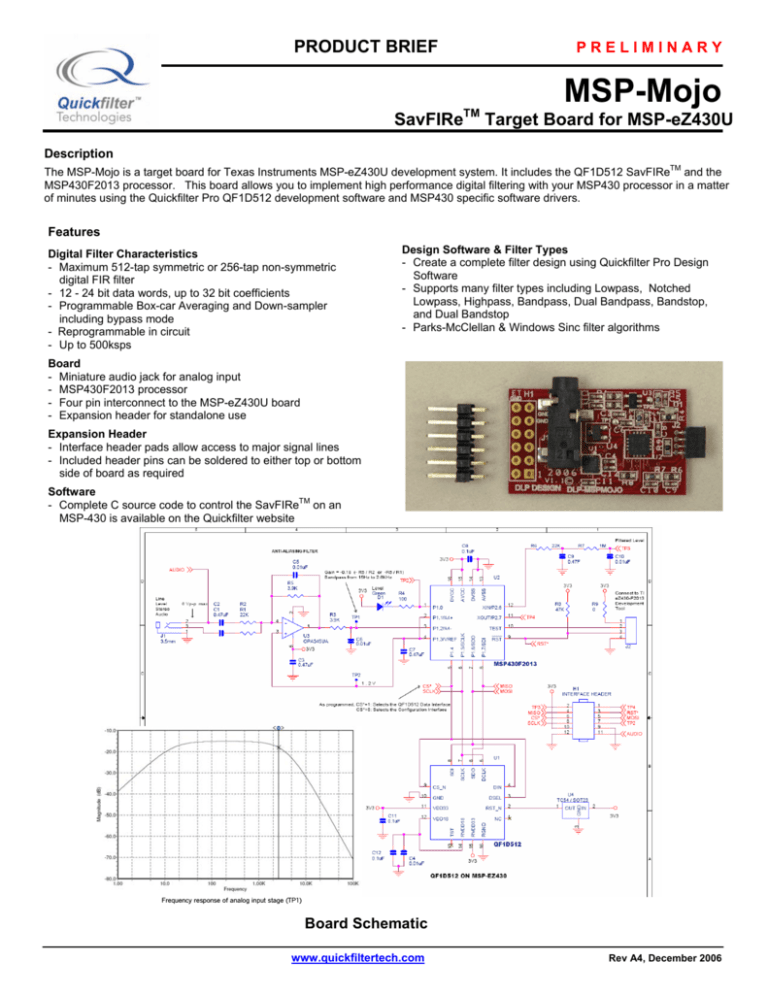
PRODUCT BRIEF
PRELIMINARY
MSP-Mojo
SavFIRe
TM
Target Board for MSP-eZ430U
Description
The MSP-Mojo is a target board for Texas Instruments MSP-eZ430U development system. It includes the QF1D512 SavFIReTM and the
MSP430F2013 processor. This board allows you to implement high performance digital filtering with your MSP430 processor in a matter
of minutes using the Quickfilter Pro QF1D512 development software and MSP430 specific software drivers.
Features
Digital Filter Characteristics
- Maximum 512-tap symmetric or 256-tap non-symmetric
digital FIR filter
- 12 - 24 bit data words, up to 32 bit coefficients
- Programmable Box-car Averaging and Down-sampler
including bypass mode
- Reprogrammable in circuit
- Up to 500ksps
Design Software & Filter Types
- Create a complete filter design using Quickfilter Pro Design
Software
- Supports many filter types including Lowpass, Notched
Lowpass, Highpass, Bandpass, Dual Bandpass, Bandstop,
and Dual Bandstop
- Parks-McClellan & Windows Sinc filter algorithms
Board
- Miniature audio jack for analog input
- MSP430F2013 processor
- Four pin interconnect to the MSP-eZ430U board
- Expansion header for standalone use
Expansion Header
- Interface header pads allow access to major signal lines
- Included header pins can be soldered to either top or bottom
side of board as required
Software
- Complete C source code to control the SavFIReTM on an
MSP-430 is available on the Quickfilter website
Frequency response of analog input stage (TP1)
Board Schematic
www.quickfiltertech.com
Rev A4, December 2006
PRODUCT BRIEF
Original TI MSP-eZ430U board
PRELIMINARY
TI MSP-eZ430U board with MSP-Mojo
Filter Design Software
The Quickfilter Pro software allows you to design your filter in a matter of minutes. A variety of different filter types can be designed lowpass, notched low-pass, high-pass, band-pass, dual band-pass, band-stop, and dual band-stop. Currently available filter algorithms
include Parks-McLellan and Windows Sinc. Desired frequencies, slope and attenuation can be input and the theoretical results
observed. Chip configurations for averaging, decimation, and input data format are configured using the software. Completed designs
are then saved as a data file for your MSP430 software.
For more information please visit the Quickfilter website at the following link: http://www.quickfiltertech.com/files/MSP-Mojo2
Chip Design Screen
Actual Filter Output from QF1D512
Steps to implement your filter:
1. Configure your filter for the QF1D512 using the Quickfilter Pro software
2. Save your design and export in HEX format
3. Convert the filter configuration to C source / header files using the provided SavFIReHex2C utility
4. Compile the filter source code with your program code for the MSP430
TM*
5. Download to the MSP430F2013 processor using the IAR Embedded Workbench
* Embedded Workbench is a trademark of IAR
Contact Information:
Quickfilter Technologies, Inc.
1024 South Greenville Avenue, Suite 100
Allen, TX 75002 Phone: 214-547-0460
Ordering Information:
QF1D512-eZ430 MSP-Mojo board+expansion header
Mouser P/N: DLP-MSP-MOJO
Web: www.quickfiltertech.com
Email: sales@quickfilter.net
© 2006 Quickfilter Technologies, Inc. All rights reserved. Quickfilter, the Quickfilter logo and combinations thereof, are trademarks of Quickfilter Technologies, Inc. Other product names used in this publication are for
identification purposes only and may be trademarks of their respective companies. Windows is a registered trademark of Microsoft Corp.
Rev A4, December 2006

